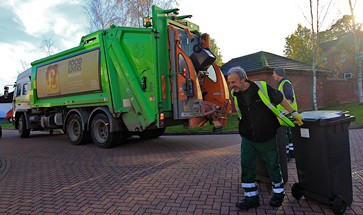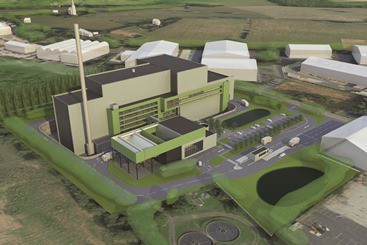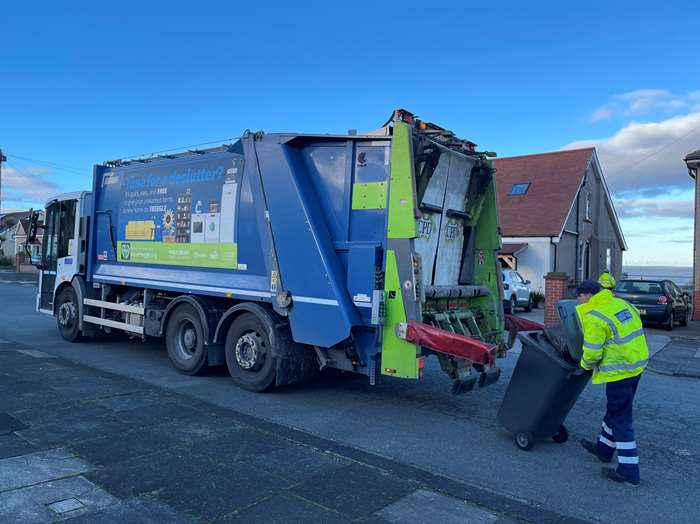The county council set up an Integrated Waste Scrutiny Task Group last summer to investigate whether cost savings could be made by managing waste collections on behalf of seven district authorities in the region, which currently operate their own separate waste and recycling collections (see letsrecycle.com story).

The cost of dealing with municipal waste in Worcestershire and Herefordshire is estimated to be £57 million each year and “costs are increasing”, with waste disposal already jointly run across both counties.
However, several district councils declined to take part in Task Group discussions, fearing that district sovereignty and “a sense of identity between district councils and their residents would be lost” by handing responsibility for waste collection services to the county council.
The Task Group’s latest report found greater support for the current arrangements among district councils, with a “general view” that the waste collection authorities are “already working efficiently”.
As such, the report states that it is “difficult to see such a move [joint management of waste collections] coming about in near future”, but has recommended that an audit is conducted to find out what savings could be made from integrating waste in the county.
According to the report: “At present, there would only be a desire to create a joint waste authority in Herefordshire and Worcestershire if significant savings could be guaranteed for all partners.”
Districts
According to council documents, attempts to involve the district councils in the discussions “proved to be futile”, with Worcester city councillor Neil Laurenson the only district council representative agreeing to take part, which the Task Group said “goes to demonstrate the desire of district councils to maintain autonomy in this area of their responsibility”.
Members of the county council’s overview and scrutiny performance board, which approved the Task Group’s latest report last month (January 29), suggested that the response of the district councils was “related to councillors’ egos, which were of no interest to local residents”.
However, members also noted that the county council “had a vested interest in waste collection” as it pays the landfill tax and is “dependent on the efficiency of the district councils”.
Joint authority
Nevertheless, the report argues that a joint waste authority could allow districts to develop joint collection contracts “either between all of them or with their natural neighbours” to make savings, as well as enabling a more unified waste minimisation strategy to boost recycling rates in the region.

But although three of six Worcestershire district councils have discussed procuring joint collection contracts, all have “decided not to pursue the policy”.
According to the report, the issue of individual sovereignty, branding, control and local accountability of collection services was “highly valued by a number of partners”, and the Task Group agreed that “it would be essential for any joint collection contract to be flexible enough to be tailored to local needs”.
Worcestershire and Herefordshire have a joint 25-year energy-from-waste (EfW) PFI contract with Mercia Waste Management to construct a 200,000 tonnes-per-year waste facility at Hartlebury. However, the development has still not opened due to wrangling over funding, despite the deal first being signed more than 15 years ago (see letsrecycle.com story).
A number of Gloucestershire authorities have moved their waste services under the umbrella of council-owned firm Ubico (see letsrecycle.com story), while two authorities in Cambridgeshire are also currently considering merging their waste services (see letsrecycle.com story).
Last week (February 13), calls also came from the London Waste and Recycling Board for more shared waste services between the capital’s boroughs (see letsrecycle.com story).









Subscribe for free